Author Archive
Creative Thinking in the Arts
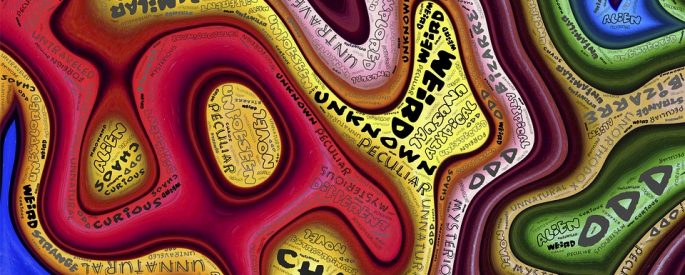
To think creatively, to invent new things, to see new patterns, we need to turn things upside down, on their heads and have a fresh look.
Making a Masterpiece: What Writers Can Learn from Iconic Imagery in Visual Art
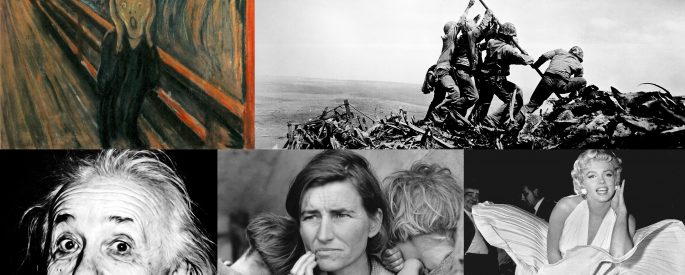
You can learn about writing by studying the masterpieces in art because every masterpiece, whether it’s a piece of music or literature or visual art, has essentially the same ingredients.
The Object in Writing and Art
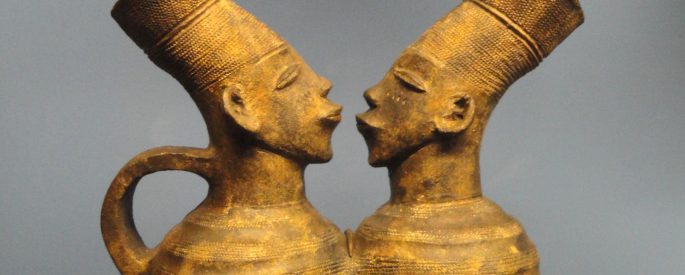
I learned how to write by going to art school and becoming a visual artist. Color, light, perspective, scale—I use these same visual tools in my writing. But of all the practices I use as an artist, the practice of using objects has helped my writing most.
The Narrative Medium of our Times: An Interview with TV Critic Matthew Gilbert
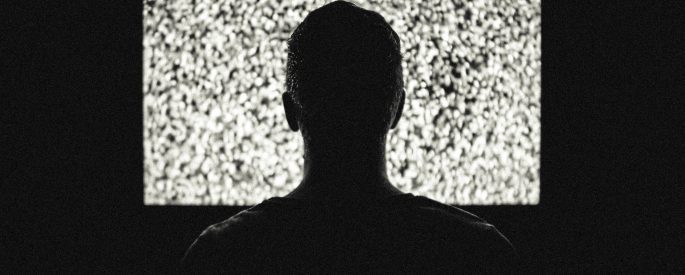
TV is no longer the second cousin to film; in many ways, it’s become the higher art form. And to a great extent, television has become society’s barometer—it shapes and tells us more about who we are than almost any other medium.
The Eyes of Writers
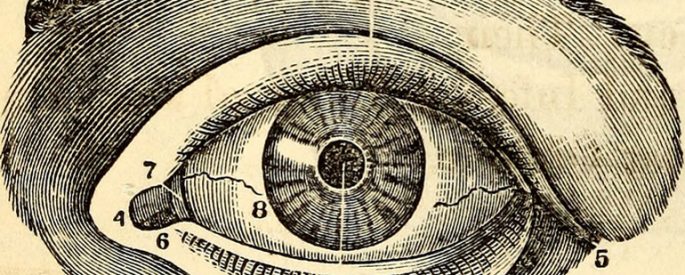
The responsibility to organize what we see, to take the randomness of life and reconstruct it into a new form that has meaning, lies squarely with writers and other creative people (scientists and mathematicians alike).
Art & Politics: An Interview with Author & Best American Short Stories Editor Heidi Pitlor
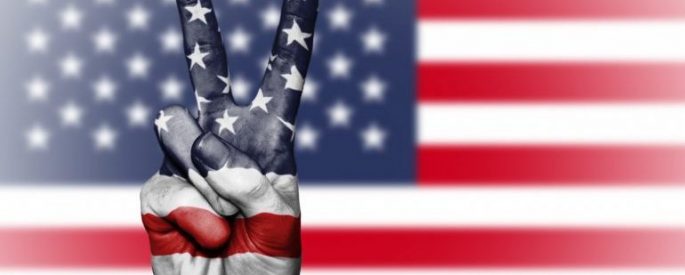
What is the function of the artist and writer in a troubled society? What is our role in these uncertain and precarious political times?
Thinking and Seeing in Pictures: The Art of Visualization
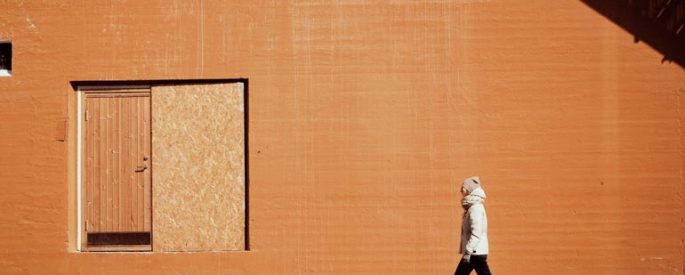
Most writers I know have amazing verbal skills. They became writers because they fell in love with reading books. But as Joseph Conrad suggests, writers are equal parts visual artists. We paint pictures with words.
Character Through the Portraits of Alice Neel
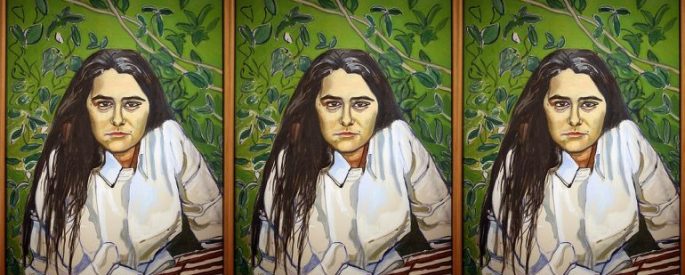
Almost everything I know about character development, I learned by studying the portraits of Alice Neel, who painted portraits in the mid-20th century at a time when the art world considered portrait painting nearly irrelevant.
Seeing the Forest for the Trees: A Dyslexic’s Point of View

The information age has left us mired in details. Unable to see the big picture, we suffer from shortsightedness. We can’t discern the connections between actions and consequences, or recognize the pattern that shows we are all connected as one.
A Writer’s Ode to Seeing

Bearing witness to each other and the planet is a solemn act. If we stop and truly observe our surroundings the way Thoreau did, we might be more inclined to save our planet. If we took the time to really see one another, we might appreciate better the value